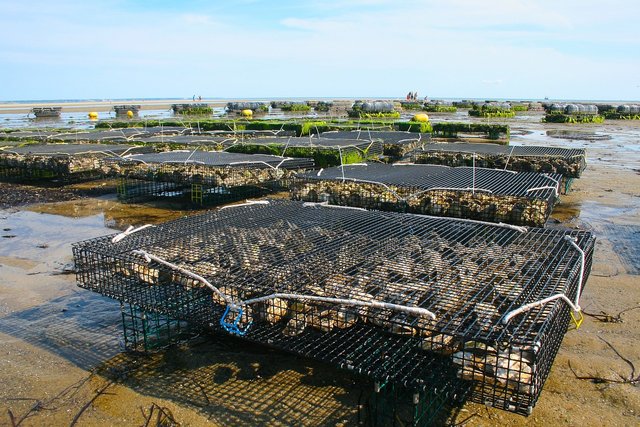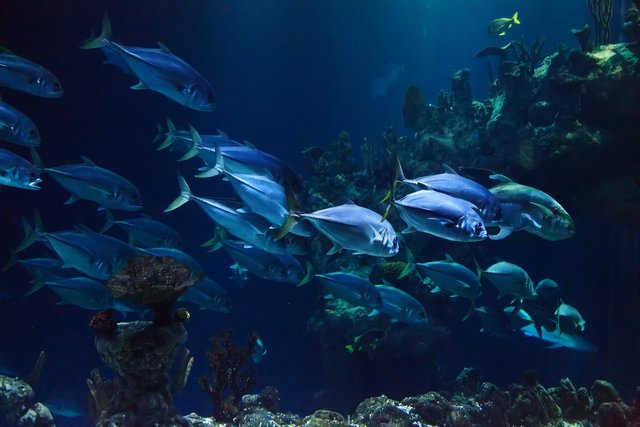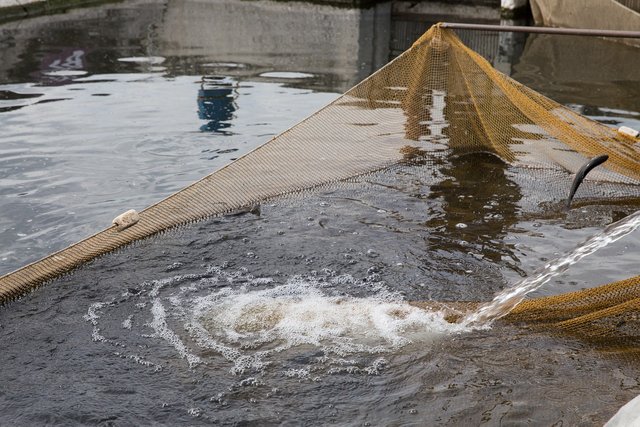Living in the Agricultural World #8
 |
|---|
Aquaculture is the breeding, rearing and harvesting of aquatic plants and animals such as shellfish, algae and other organisms in all types of water environments. It's an essential system that provides a sustainable source of seafood and supports local economies.
However, aquaculture differs from traditional fishing in the sense that aquaculture is the deliberate cultivation of both freshwater and marine aquatic plant and animal while traditional fishing is the harvesting of already existing different species of fish and other aquatic animals.
Benefits of aquaculture
it improves quality and promotes biodiversity helps restore habitats
Aquaculture creates employment opportunities in rural and coastal areas as this supports the local economy
aquaculture helps increase the global food supply, reducing hunger and malnutrition and leading to improved food security.
Aquaculture helps reduce the pressure on the number of wild fish and provides a steady supply of seafood which is a source of justifiable seafood
However, while aquaculture provides benefits there are some drawbacks here are some of the main challenges
There is transfer of disease and parasites from farmed fish to wild species
There is loss of sea mammals and fowl aimed by fish farmers
Reduction of water quality
Development of land has lead to loss of ecologically sensitive areas
Reduced fertility of wild fish
Reduction in the number or quantity of pelagic fish supplies used for fish meal.
 |
|---|
Food security does not just concern food production. It is the physical and economic access to adquate, nutritious and safe food.
Aquaculture contributes to the overall food supply by increasing the production of popular fish, thus reducing prices and branding the opportunities for food access. Aquaculture lessen the need to catch more wild fish to meet the riasing need for fish and, therefore, contributes to preserving food stock.
Different factors influences aquaculture production which are
Biological factors
This involves effective disease management to prevent outbreaks and reduce mortality, as well as genetic and breeding selection programs to improve growth rates and choose the right species for the market demand.
Environmental factors
Here the climate, weather, water quality and availability play a vital role in influencing aquaculture production
 |
|---|
Nutritional factors
The availability of quality nutritious feed is vital for healthy growth and development, also considering the feed efficiency and formula.
Economic factor
This factor involves the quantity of product the customers are willing and able to purchase at a given price, production costs, and government regulations and policies, which affect the profitability of aquaculture operations.
Social factor
Access to skilled and trained labour is important for adequate aquaculture operations.
I invite @esthyfashion, @woka-happiness and @tykay019
Cc:@ninapenda